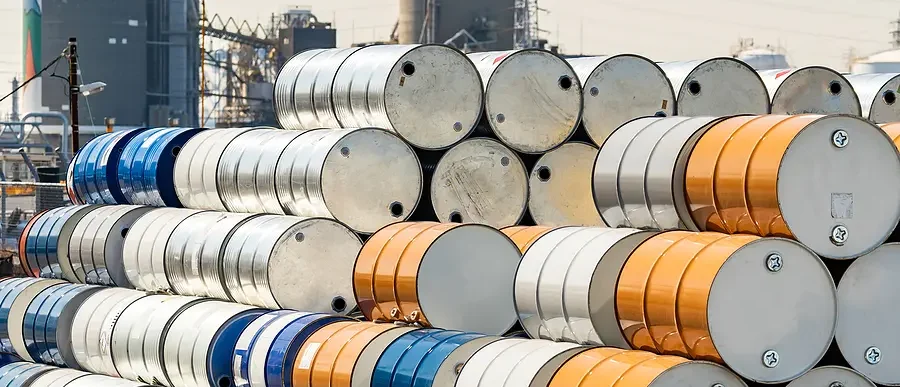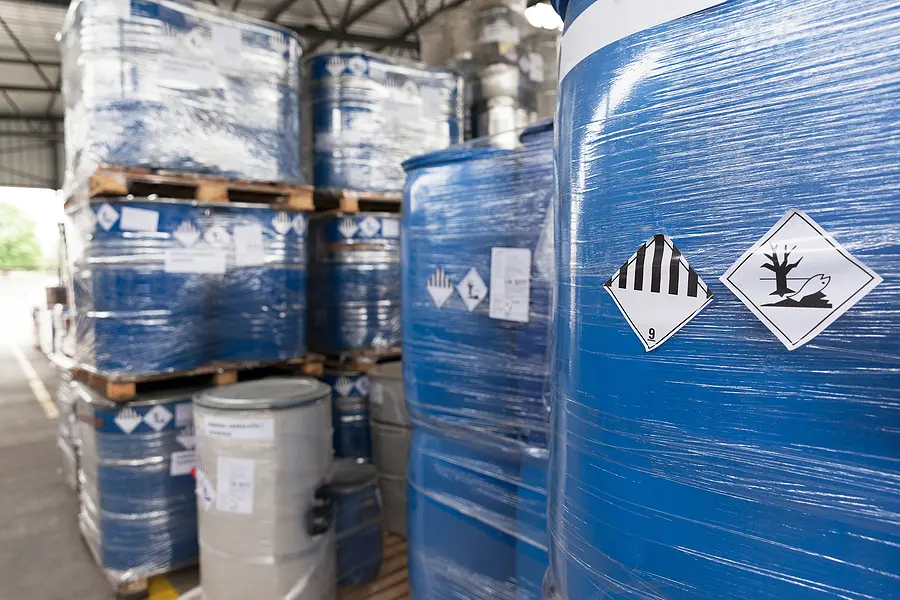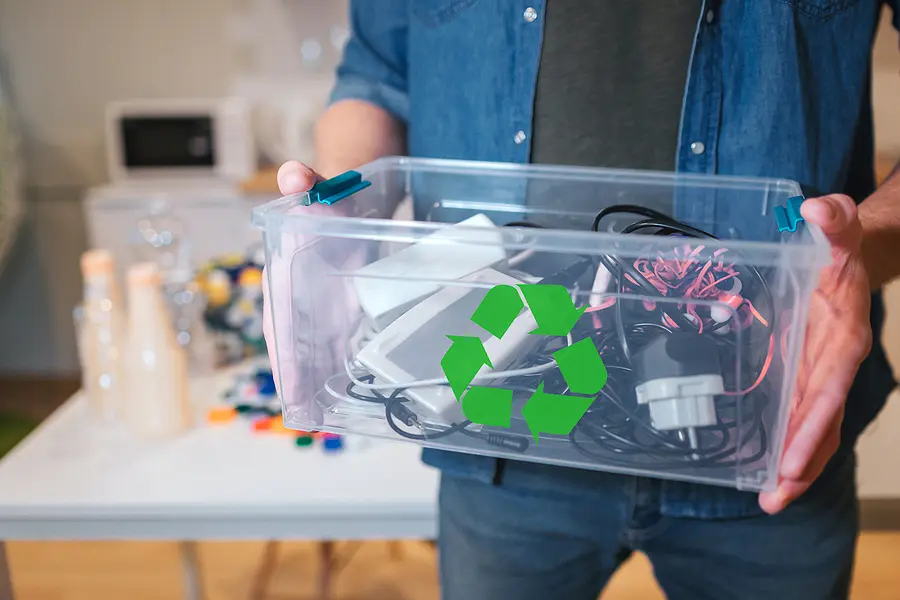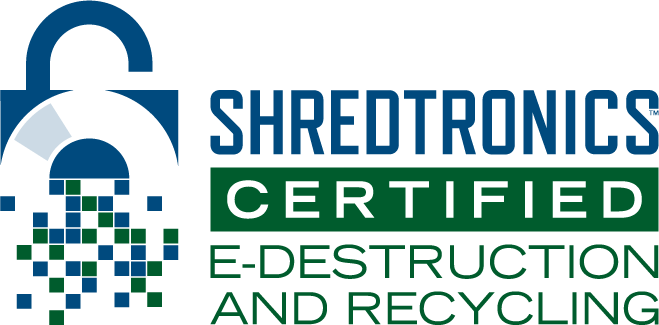
The management of e-waste is a pressing global concern. The Basel Convention stands as a pivotal agreement aimed at addressing the challenges posed by the disposal and recycling of electronic products. It was enacted in 1989 and came into force in 1992. The convention has since played a vital role in shaping international efforts towards sustainable waste management practices.
The Basel Convention, formally known as the Basel Convention on the Control of Transboundary Movements of Hazardous Wastes and Their Disposal, was established under the advocacy of the United Nations Environment Programme (UNEP). Its primary objective is to regulate the transboundary movements of hazardous waste, including e-waste, and to minimize the risks posed to human health and the environment.
History of the Basel Convention
Environmental laws began to tighten in the 1970s, such a the RCRA, as disposal costs for hazardous waste greatly increased. Unfortunately, this lead to trade in hazardous waste, especially in poorer countries, to grow rapidly.
One of the incidents that led to the creation of the Basel Convention was the Khian Sea waste disposal incident. A ship from Philadelphia carrying incinerator ash dumped half of its load on a beach in Haiti. It is also believed the ship dumped the rest in the sea after being unable to unload the cargo in any port.
A meeting took place from November 27 to December 1 2006 where the parties of the Basel Agreement focused on electronic waste issues and the dismantling of ships. Trade increased for recyclable materials, which led to an increase in a market for used products such as computers. As of June 2023, there are 191 parties to the treaty. However, the United States are not party to the treaty currently. The US has established separate agreements with Canada, Mexico, Costa Rica, Malaysia, and the Philippines for importing and exporting hazardous waste.
The Basel Convention’s Categories of Hazardous Waste

One of the key provisions of the Basel Convention is the categorization of hazardous waste, including electronic waste, into three main categories:
- List A: Wastes that are considered hazardous and are subject to strict controls and regulations. Examples include medical waste, copper compounds, mercury, lead, and more.
- List B: Wastes that require special consideration and may be subject to certain controls. This includes household waste.
- List C: Wastes that are not necessarily hazardous but still require monitoring and management. These include flammable liquids, explosives, oxidizing substances, infectious substances, and more.
By categorizing hazardous waste this way, the convention aims to facilitate the proper handling, transportation, and disposal of products to prevent harm to human health and the environment
Prior Informed Consent and the Ban Amendment
Moreover, the Basel Convention promotes the principle of “prior informed consent.” This requires exporters of hazardous wastes to obtain the consent of importing countries before shipping such waste. This provision helps ensure that importing countries have the capacity and infrastructure to handle and manage the imported waste safely.
Over the years, the Basel Convention has undergone several amendments and revisions to adapt to evolving environmental challenges and technological advancements. One significant amendment adopted in 1995 is the Ban Amendment. This prohibits the export of hazardous waste from developed to less developed countries for disposal. This amendment reflects the convention’s commitment to environmental justice and equitable distribution of responsibilities in waste management.
Challenges of the Basel Convention

Despite its significance, the effectiveness of the Basel Convention has faced challenges, particularly concerning enforcement and compliance. Illegal trafficking of e-waste is often disguised as legitimate trade. However, it continues to pose a serious threat to the environment and public health in many parts of the world. Addressing these challenges requires united efforts from governments, industries, and civil society to strengthen regulatory frameworks, enhance enforcement mechanisms, and promote sustainable practices throughout the electronics supply chain.
As consumers, we also play a crucial role in promoting responsible electronics recycling. Instead of discarding old or unused electronic devices irresponsibly, we can choose to recycle them through certified e-waste recycling services. These services ensure that electronic products are dismantled, processed, and recycled using environmentally sound methods. In addition. they minimize the environmental impact of e-waste disposal.
Dispose of Your E-Waste Responsibly with ShredTronics Today
Take action towards responsible e-waste management by utilizing our professional electronics recycling services. By recycling your old electronic devices, you not only contribute to conserving natural resources and reducing pollution but also support the objectives of the Basel Convention in promoting sustainable waste management practices globally.
Contact ShredTronics at (844) 648-4908 or fill out the form today to learn more about our certified electronics recycling services. We will provide you with free quotes on our variety of electronics recycling services.








